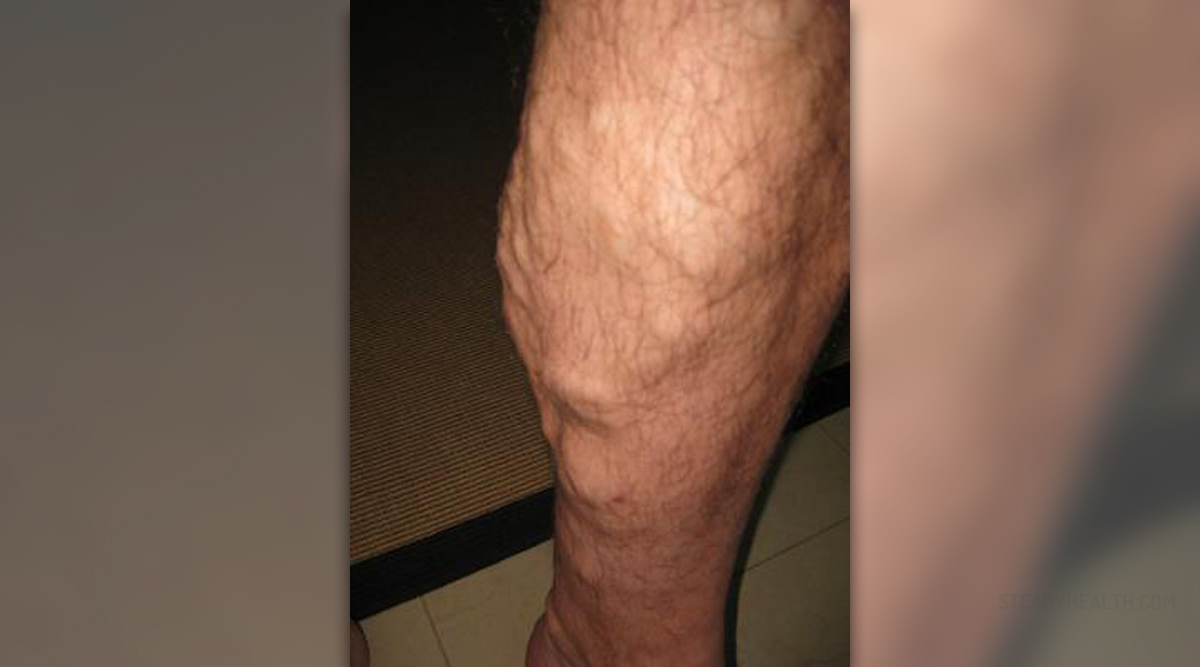
Varicose veins –causes
Varicose veins are enlarged blood vessels, red, blue orcolorless, often visible and bulging. Any vain may become varicose but usually they appear on legs, around the knees, and around the buttocks and vaginaduring pregnancy.
Possible causes of varicose veins include geneticpredisposition, pregnancy and obesity. Sometimes, the condition might be causedby heavy lifting, people who spend too much time standing or aren’t exercisingenough. Heart and liver problems mayalso be the cause of varicose veins. All of these cases have a common factor they increase the pressure in the legs which lead to the illness.
Women are more likely to suffer from this condition thanmen. For most patients, varicose veins are a cosmetic issue, but for some they mightbe a painful problem. Varicose veins could cause itching and swelling of theankles, heavy feeling in the legs and without any treatment the condition isgetting worse.
Herbs, supplements, exerciseand rest
Treatments include exercise, enough rest, supplements and herbalremedies and in some serious cases surgical removal of the affected veins.
Therapy might include vitaminC and flavonoids. These, combined, help the body to fight against varicoseveins. The usual dose is 1,000 mg of vitamin C and 500 mg of flavonoids taken3 times a day. Sometimes, use of vitamin C may provoke diarrhea. If that appearto be the case just decrease the dose. Vitamin E is usedto improve strength of the veins wall and circulation. Daily dose is 400 IU (IUstands for international unit) twice a day. If you are taking anticoagulantdrugs, please do consult your doctor about the use of vitamin E.
Gotu kola isconsidered to be on the best plants for this condition. 200 mg extract (or 400-500mg crude herb) 3 times a day, improves the circulation, keeps the veinsflexible and affects the surrounding tissue. Bilberry could befound in remedies with gotu kola, since the two remedies works best together. Usually,80 mg of this plant is used 3 times per day. Specialists recommend use of standardized extract of horse chestnut, or butcher’s broom (as a substitute.) These herbs could reduce the swellingand possible edemas in the legs. Take 500 mg of horse chestnut every morning,or 150 mg of butcher’s broom, three times a day. Grape seed extract containsprocyanidolic components sometimes called vitamin P. Dosed 150-300mg per day, they are said to protectyour body and help him fight with varicose veins.
Patients suffering from varicose veins are advised to exerciseregularly. Cycling, walking and swimming are recommended activities. Long sitting or standing should be avoided, aswell as tight clothes, belts or shoes. Use every chance you’ve got to elevateyour legs, helping them to rest.


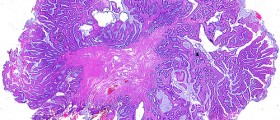
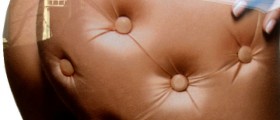
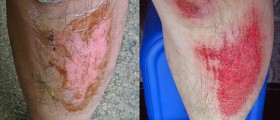
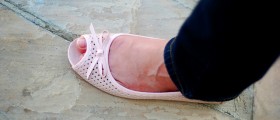

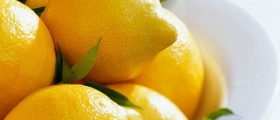
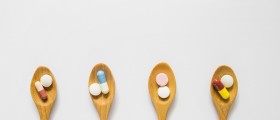

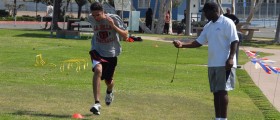
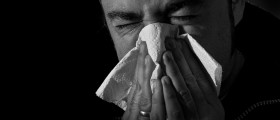



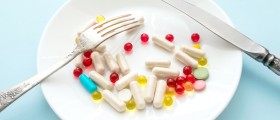
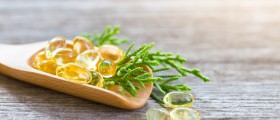
Your thoughts on this
Loading...